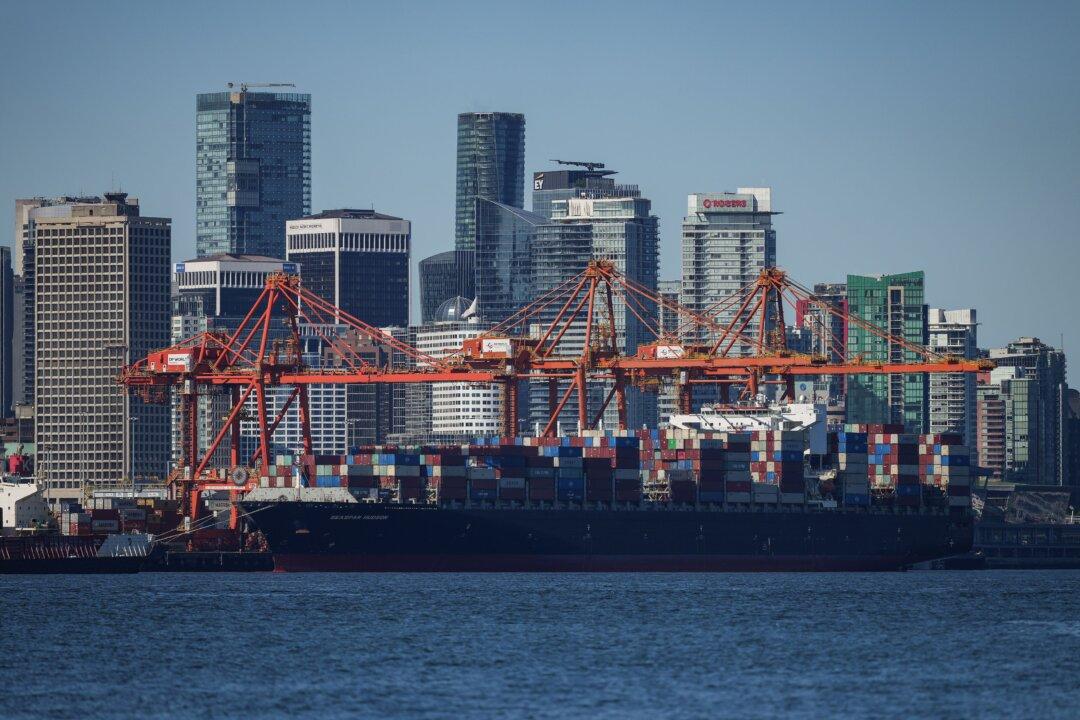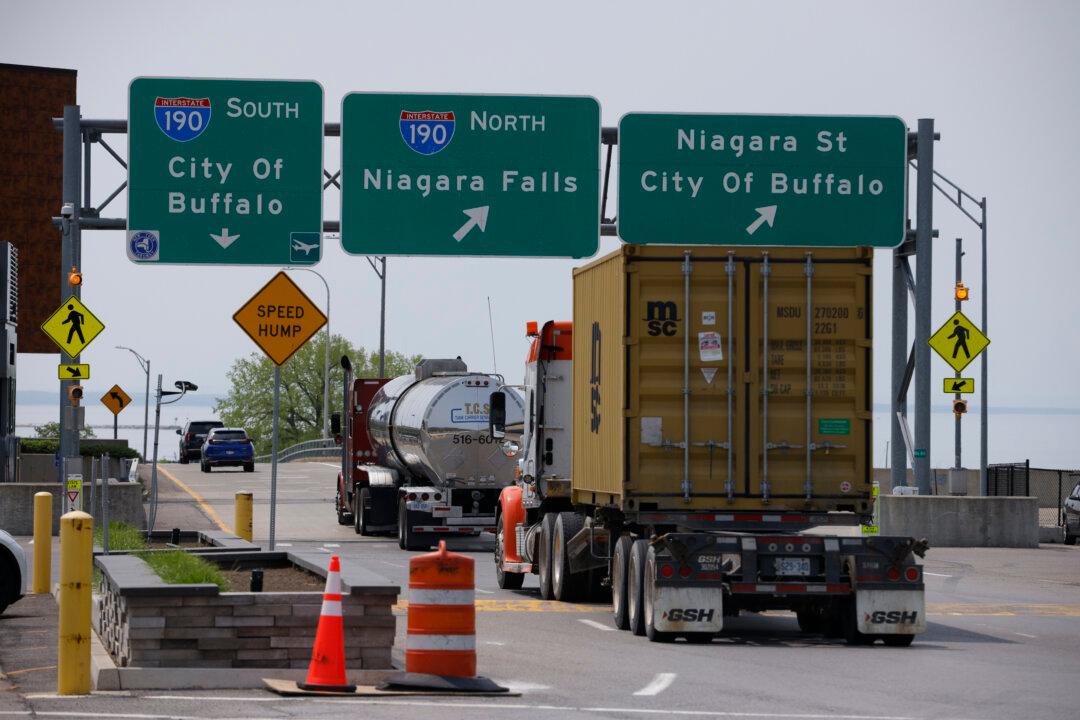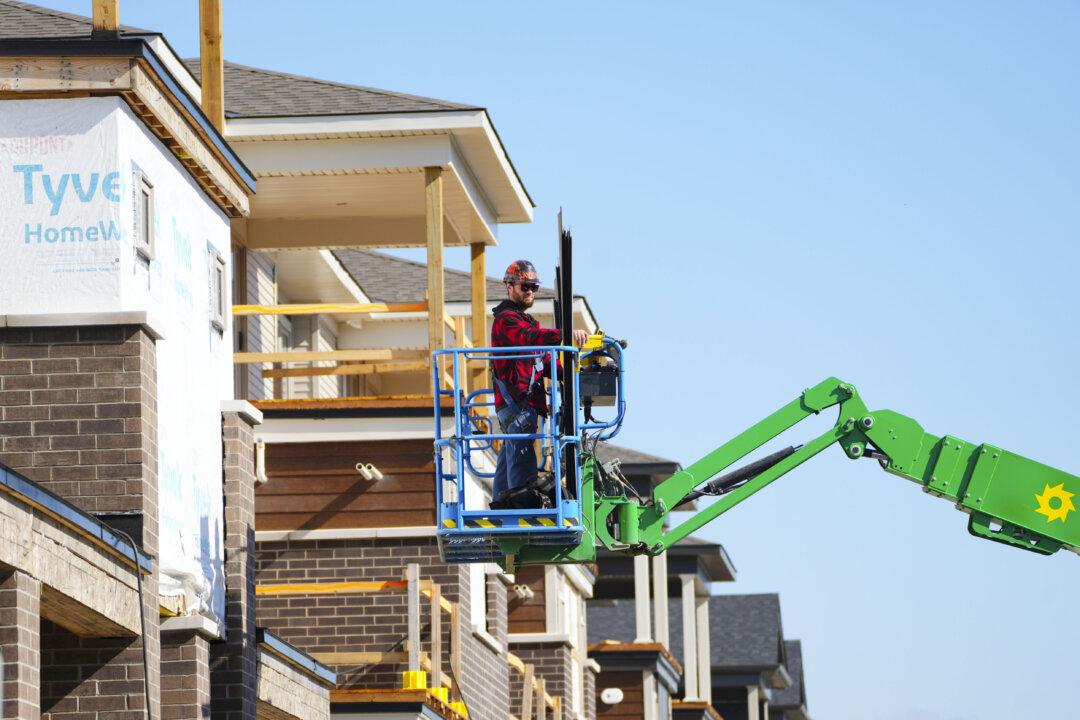It wasn’t that long ago that it was difficult to find any talking head or academic willing to sing the praises of onshoring, the process in which products that were previously manufactured overseas are brought back home to be built on home soil by domestic labor.
When Donald Trump first insisted, during the early days of his presidential candidacy, that America needed to bring manufacturing back to the United States, it was common to hear supposed experts chortle at his plans.
“These jobs are gone. Finished. Toast. They’re never coming back.”
That was their refrain.
Yet now, onshoring—or reshoring, as it’s also called—is all the rage. And rightfully so. The Biden administration has continued, in its own way, where Trump left off, both when it comes to general onshoring and the pivot away from China.
Canada hopes to follow. Multiple federal cabinet ministers have now given speeches proclaiming the need to decouple from China. Deputy Prime Minister Chrystia Freeland spoke in Washington the other month on the need for “friendshoring”—where we switch to trade with like-minded nations from trade with adversaries.
Again, this is something that you wouldn’t have heard only a few years ago—at least not from the Liberal government of Prime Minister Justin Trudeau. It felt like pulling teeth just to get Trudeau to ban Huawei from playing a role in crafting our 5G grid, yet now his government is suggesting ghosting away from the authoritarian regime in Beijing entirely. Unexpected, but take the good news when and where you can get it.
What does this mean more broadly for our economy, though? After all, one of the main reasons so-called experts had previously said onshoring and decoupling was impossible was because of how reliant we’ve become on China, and other nonfriendly nations, for so many things.
“To avoid prematurely cutting off access to markets or lower-cost production, companies must time their decoupling to match the pace of the markets,” management consultancy Bain & Co. stated in a recent brief on decoupling.
We’re already dealing with high inflation and rising interest rates that may see a lot of Canadians lose their homes in the months ahead. As much as rapid decoupling from China is important, we don’t want to further worsen affordability for Canadians.
It’s not just consumer products either. There are things that really matter to our economy that could face serious hurdles in the months ahead. One of those is the supply of semiconductors.
Chamath Palihapitiya, the well-known venture capitalist, mused on a recent episode of his popular “All-In” podcast that hiccups in the supply chain of semiconductors coming to the United States could alone play a role in pushing inflation much higher.
There are so many things we use that rely on semiconductors. We can’t build cars without them, for example, and cars require a lot of them.
The bulk of the world’s semiconductors actually come from Taiwan and from one company specifically: Taiwan Semiconductor Manufacturing Co. Ltd. (TSMC).
Both the United States and Canada have signaled an interest in increased relations with Taiwan, including trade. So it’s not like access to this valuable product in Taiwan would be turned off by a decoupling from China. However, as Palihapitiya explains it, if the supply chain in that region faces slowdowns or blips because of shifting relations with China, that could spell headaches for how semiconductors get around.
I recently interviewed Jin-Ling Chen, director-general of the Taipei Economic and Cultural Office in Toronto, who brought up the fact that TSMC currently has a design center in Ottawa but doesn’t yet have any manufacturing facilities in Canada, although the company recently opened one south of the border, in Arizona. The creation of a facility here is something Canadian officials should be all over.
Chen noted that she’s hopeful that the Ontario provincial government will open a trade office in Taipei, something the Alberta government has already done.
Imagine that, producing a much-needed product on home soil? We would get something valuable to our economy, plus it would be an example of Freeland’s “friendshoring.”
So let’s bring back old manufacturing jobs and also welcome new ones via our allies.
The number of previously lost jobs that returned to the United States during the Trump years wasn’t as much as the former president was hoping. The process has been a slow one. But the fact the Biden administration has stuck with it suggests that the push for onshoring will face enduring bipartisan support and is now a default position moving forward.
Let’s hope the momentum also picks up in Canada. And so much for the wisdom of all those talking heads who said it couldn’t be done.





